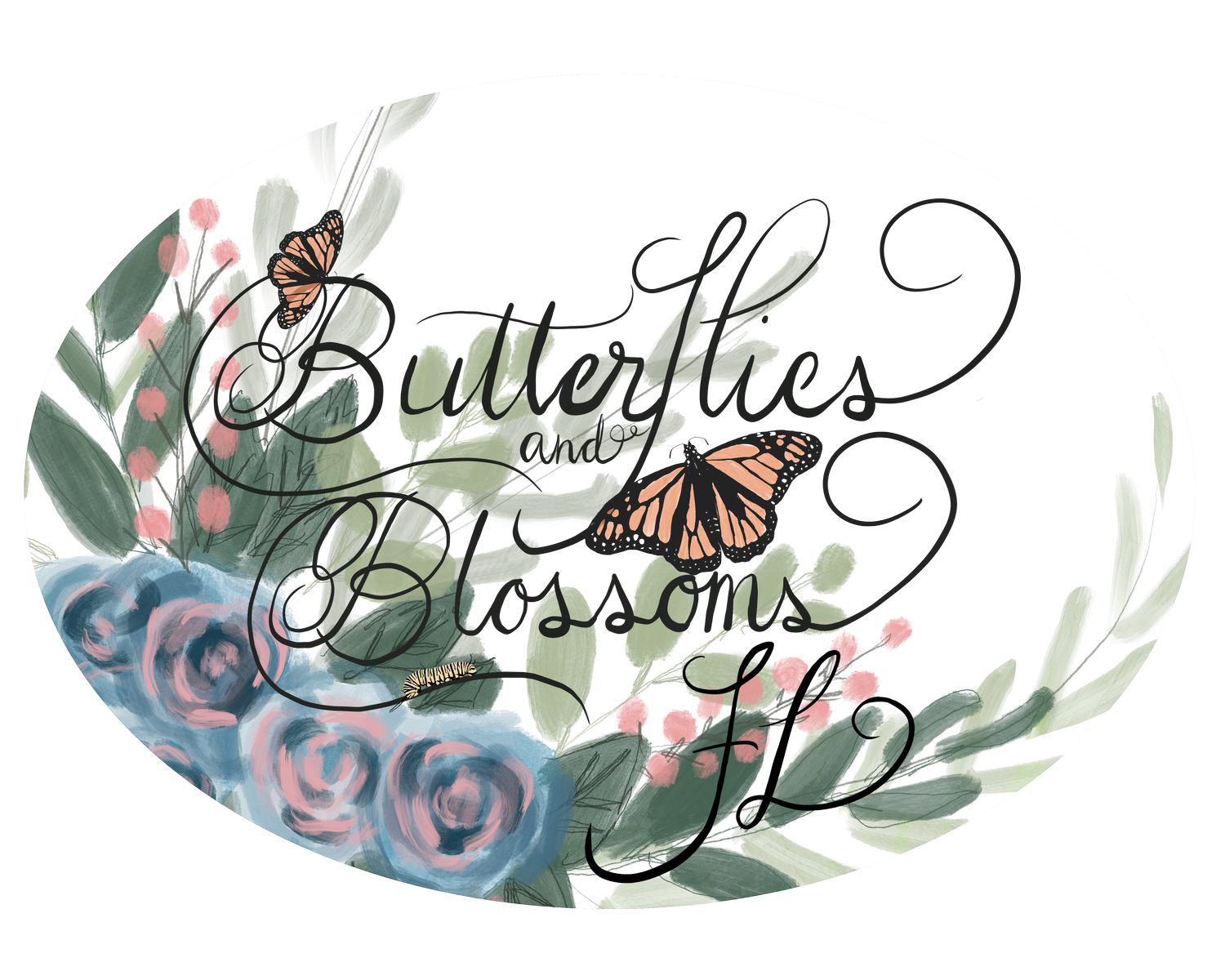Diary of a Gardener Protecting your Garden in Extreme Heat
Protecting your landscape from Florida’s oppressive heat is as important as our northern states protecting theirs from snow and frost. It has been a scorcher already and it is only the beginning of June. And the lack of rain really puts a hurt on our beloved plants, although, our favorite weather man, Dennis Philips tells us we are in for a wet week. If you have a landscape or new plants that are less than a year old your plants are vulnerable to this heat, and you need to take extra precautions. If your landscape or plants are over a year old, they are established, but nothing lives without water unless you are a camel! And even camels need a rest from record breaking heat.
So, how can we in Florida and hot weather gardeners protect our landscaping during the summer months? Here are a few steps that will give your plants the best fighting chance.
Mulch - By adequately mulching your plants you are putting a layer of insulation around the plant’s roots protecting them from the heat and sun. It also helps retain moisture. Mulch also helps suppress weeds. And before you ask… no rocks and pebbles are not the same. Rocks and pebbles heat up the ground, thus heating up your plant’s roots!
Water in the mornings before the sun has time to come out and heat up the ground. If you have an irrigation system sometime around 5:30-6:30 am will work. If you hand water do so as early as you can, but no need to wake up at 5:00 to water. Watering at night invites pests as the ground and plant leaves will be wet while the sun is down. Your plants also recover on their own overnight simply because the sun is not out. This is especially important for turf grass.
Water your new landscape every day or every other day. For established landscaping, every 2-3 days may be sufficient depending on the plant choices. There are plants that may require more or less water. Group plants according to their watering needs.
Do not spray soaps, oils, potions, and lotions on plants any time the sun is out. Always spray early or as the sun goes down. I prefer to as the sun goes down. When you apply certain pesticides such as neem oil or horticulture soaps and oils it is like putting Hawaiian Tropic baby oil on your plants leaves resulting in sunburn.
Refrain from using fertilizers unless they are water soluble or organic, i.e., alfalfa pellets, Epsom salts. They can burn the roots of your plants, especially when we are in a drought.
Choose drought tolerant plants. Many, not all, native plants are here because they have adapted to our extreme weather. There are also plenty of Florida Friendly plants that will tolerate prolonged periods of drought (once established) and the heat.
When purchasing plants, do your research. Just because a plant tag says it will grow in full sun, does that mean in Florida? Many plants in Florida would prefer not to have full sun all day long, but there are plenty that do.
Keep yourself hydrated with electrolytes if you are working outside for extended periods of time. Wear a large, brimmed sun hat to keep the sun off your head, face, and shoulders. Wear loose fitting, breathable clothes and remember to eat small amounts of food to keep your blood sugar level.
And lastly, have fun. Gardening in the summer heat can be torturous. Spend your morning hours working in the hottest part of your garden, then move to more shady areas. A summer garden can be very pretty and lush when planned out well. If you are unsure what to plant and where for an all year long functional and beautiful landscape. I am happy to help.

